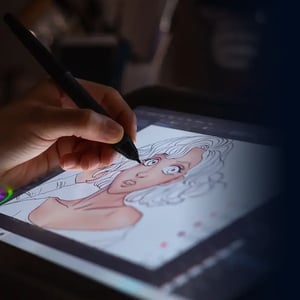
Game Design Program
DIPLOMA | BACHELOR OF GAME DEVELOPMENT
Develop your design and technical skills to excel as a video game designer
Accredited Degree in Game Design with Training from Industry Pros
Harness and hone the skills to plan, develop, and implement immersive and interactive video games in Unreal Engine. Following industry-standard workflows and practices, master game development tools and techniques and understand relevant concepts and theories that will help you evolve and thrive along with the industry.
Why study game design with us:
- Gain the creative, technical, interpersonal, and conceptual skills and knowledge needed to succeed in the industry
- Study with more flexibility (100% online)
- Create industry-level work that recruiters will notice
- Graduate in less time than a typical degree - 2 years instead of 3
- Join a global community of 4000+ students, grads, and industry artists

Master Your Skills. Master Your Future.
Our mission is to ensure graduates are the best trained and best prepared for a successful career in their chosen field.
Everything You Need To Know
Our film and game degrees and diplomas seamlessly blend academic excellence with practical industry methodologies to help students pave a steadfast pathway to a successful creative career.
 Qualification
Diploma (AQF 5)
Qualification
Diploma (AQF 5)Bachelor's Degree (AQF 7)
 No. of Trimesters
Diploma - 2 trimesters
No. of Trimesters
Diploma - 2 trimesters Bachelor - 6 trimesters
 Program Length
Program Length
Diploma - 7 months
Bachelor's Degree - 2 years
Part-time study available
 Delivery Mode
Online live classes
Delivery Mode
Online live classesCustom video lectures
Personalised mentor feedback
 Course Fees
Diploma - $16, 664 USD
Course Fees
Diploma - $16, 664 USDBachelor - $49, 992 USD
Payment options available
Course Structure
Develop industry foundations with our 6-month Diploma, or continue into the full Bachelor's Degree to build more comprehensive skills.

The Bachelor of Game Development majoring in game design will teach you how to create a game from scratch using industry-standard software. You will also build vital interpersonal skills and industry knowledge in both a practical and conceptual capacity.
- Explore combat and action gameplay development for PC and consoles.
- Implement advanced interactive level blueprints in Unreal Engine and script complex artificial intelligence behaviours for user interaction.
- Discover industry-standard practices, procedures, and workflows.
- Build valuable interpersonal skills such as communication and problem-solving.
- Dedicated time to building your professional showreel and getting job-ready.
The below course outline reflects a full-time course load, which comprises three subjects per trimester and three trimesters per year over a two-year duration. Part-time study options are also available.
Trimester 01
- Game Design Foundations
- Film and Games Principles, Concepts and Innovations: Learning from History
- Industry Overview: Pipeline and Production Processes
Trimester 02
- Designing and Implementing Game Systems
- Art and Design Concepts and Principles
- Communicate! Mode, Purpose and Context
Diploma Exit Point
Students can choose to exit the bachelor's degree after trimester 02 with a diploma or continue their studies through to trimester 06 and earn their bachelor's degree.
Trimester 03
- Action Gameplay Development
- Concepts and Principles of Story and Visual Narrative
- Identifying and Solving Problems
Trimester 04
- Level Design Pre-production
- Concepts and Principles of Lighting and Cinematography
- Managing Projects and Creative Assets
Trimester 05
- Level Design Production
- Leading with Integrity
- Establishing and Sustaining Your Business
Trimester 06
- Game Design Capstone Portfolio
- Stepping Into Industry: Becoming a Proactive Practitioner
- Marketing Yourself and Your Work
Bachelor Degree Point
Download the Course Guide
Your creative journey begins here! Download our comprehensive course guide and discover the exciting educational opportunities that await you.CG Spectrum’s Bachelor of Game Design prepares students for careers in the gaming industry by teaching essential skills in game design, development, and production.
Key highlights include:
- Game Design Fundamentals: Learn core principles of game mechanics, level design, and player experience.
- Technical Skills: Gain hands-on experience with industry-standard tools, engines, and workflows.
- Storytelling and World-Building: Develop immersive narratives and dynamic game worlds.
- Collaboration and Teamwork: Work on real-world projects to build communication, problem-solving, and leadership skills.
- Portfolio Development: Create a professional portfolio to showcase your talent to potential employers.
- Flexible Study Options: Study full-time over two years or part-time to suit your schedule.
Graduates will leave with the technical expertise, creative vision, and industry knowledge needed to excel in game design and development roles.

Bachelor Degree Tuition
Avg. Cost per Trimester
$8,332 USD
Duration
6 Trimesters Full-time (2 Year Fast Track or Part-time Options Available)
Total Program Cost
Diploma Tuition
Avg. Cost per Trimester
$8,332 USD
Duration
2 Trimesters Full-time (Part-time Options Available)
Total Program Cost
Don't Put Your Future On Hold
With CG Spectrum’s expert training, you can develop the skills and connections you need to thrive in the competitive film and game industries.Learn Directly From Film & Game Mentors
To be the best, it helps to learn from the best. All game design classes are taught by professional game designers with years of experience.


Eric Jensen
Eric is a Design Manager at PlayStation's Bend Studio. He is excited to share his journey and knowledge he has gained with others.
Known for Days Gone


Heath Smith
Design Director at RiffRaff Games, Heath has 17+ years of game design experience at top studios across North America and Australia.
Known for Shadow of the Tomb Raider


Anthony Cardahi
Anthony is a passionate gamer working in the industry for 10+ years. He loves sharing ideas and perspectives, and hopes his experience in the industry can help newcomers.
Known for Metro: Exodus


Travis McGeathy
Known for Diablo III


Daniel Pinch
Daniel's worked on games like World of Tanks, Damaged Core, and more! He currently works at People Can Fly as a Senior Game Designer.
Known for World of Tanks
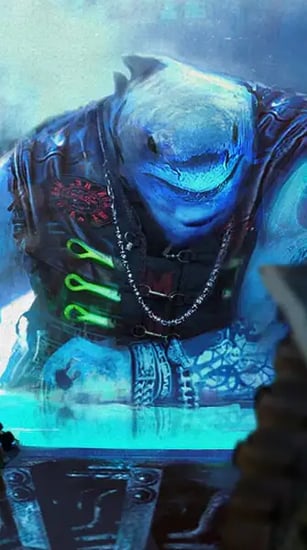

Stephan Logier
Known for Beyond Good and Evil 2


Glenn Storm
Known for Star Wars: The Clone Wars
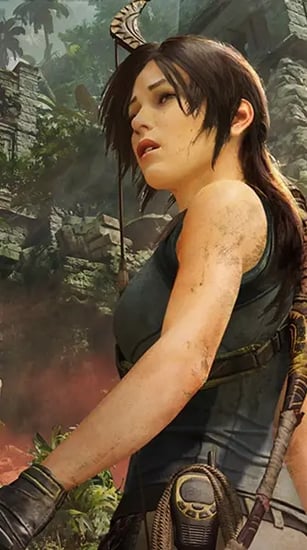

Mathieu Bissonnette
Known for Shadow of the Tomb Raider


Scot Bayless
Scot helped create the first Advanced Dungeons & Dragons roleplaying game, and was responsible for hits like Falcon 3.0, Crimson Skies, 007: Everything or Nothing and DMC.
Known for DMC


Tim Huntsman
Tim is in his fourth decade of designing and producing video games. He has a number of top-selling and award-winning titles to his name.
Known for Disney Infinity


Pascal Luban
Known for Splinter Cell: Pandora Tomorrow


Philippe Baude
Philippe is a Lead Game Designer at Ubisoft. He specializes in 3Cs, Rational Systems Design, Meta-game/Economy Design, and Designer Mentorship. He’s worked on Far Cry, Watch Dogs, and Hyperscape.
Known for Watch Dogs


Casey Bradley
Casey is a multi-disciplined designer—he creates levels, designs gameplay systems, and leads design teams. He’s operated in the industry for over a decade and currently works at Traega Entertainment.
Known for America's Army franchise


Jason Roberts
Known for Diablo IV


Ryan Laley
Known for Online Education


Roozbeh Madanipour
Known for Watch Dogs: Legion


Max Tishakov
Known for Outriders Worldslayer
Get The Education Your Deserve

"A cornerstone for your career.
I can honestly say that even by having experience in the field, I've gained a mind-blowing volume of understanding, even when considering the most basic of aspects behind Game Design and Development! Concepts I thought I knew now look so different in a new light. Lessons are challenging, and assignments and classes engaging. A must for any professional looking to up their game a notch or 73."

Fritz M | Game Development

"CG Spectrum's training got me hired in the industry.
CG Spectrum helped me build the skills and connections that directly resulted in getting hired as a Gameplay Programmer at New World Interactive."

Jeff G | Game Development
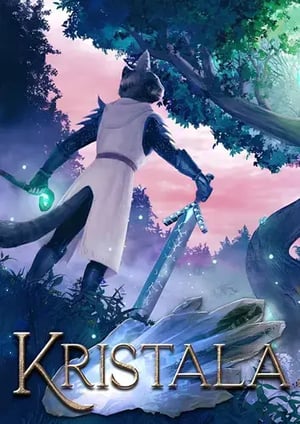
"CG Spectrum has exceeded my expectations in terms of quality of learning, support, and continued guidance from mentors and peers.
Also, the community at CG Spectrum is amazing! People are passionate about what they study and do. It's a great study and work environment."

Alexios V | Game Development

"CG Spectrum is the perfect place to gain focus, understanding, an encouragement for your journey.
If you are looking for a supportive place to gain or hone skills in game design or other verticals, CGS is a fantastic and worthy place to dive in."

Shaul H | Game Development
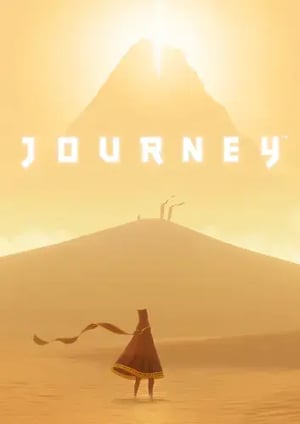
"I chose CG Spectrum because I wanted to take my learning to the next level & ensure I was working on the most efficient way to get into the industry.
Chris Swain was the guiding force that kept me headed in the right direction with his sage advice. He was also a calming presence that kept me relaxed during what was often an overwhelming experience.
Thank you Chris for being a friend, a motivator, and a teammate during my time at CG Spectrum and beyond."
 Luke Williford | Game Development
Luke Williford | Game Development
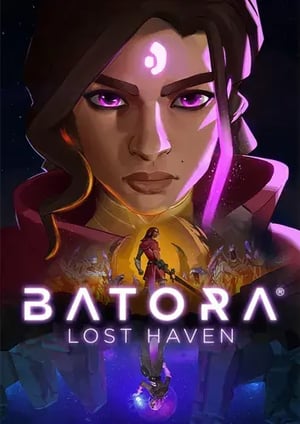
"CG Spectrum prepares you to work as a professional game designer from day one.
The most impressive quality CG Spectrum offers is a course that makes study as if you were on your first job. If you are willing to put the energy into studying and do the assignments as if you were on the job, and if you are ready to hear your mentor's suggestions and challenge yourself to push your limits, you will get an experience very similar to the workplace. "

Loris C | Game Development

"My experience at CG Spectrum was second to none, and taught me so much more than I initially anticipated.
My mentor took me from being barely computer literate to an animator working at a studio in only a year and a half. The information and level of teaching at CG Spectrum will absolutely not be found anywhere else."

Kieran L | Game Art & Animation
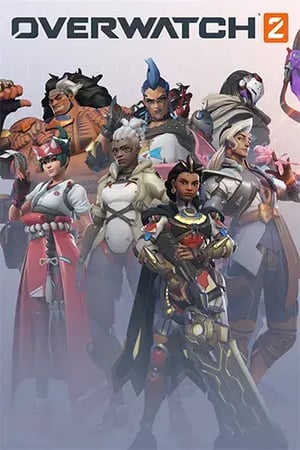
"Having a mentor definitely helped! It was awesome to have someone I could reach out to when I was stuck.
Getting the weekly feedback also helped in terms of what to improve and what to focus on next. In Term 3, we learned Unreal Engine; I implemented the knowledge I gained in that course to my Advanced 3D Modeling Course to create some additional renders that demonstrated my understanding of using and integrating game-ready assets into an actual game engine.

Benjamin O | Game Art & Animation
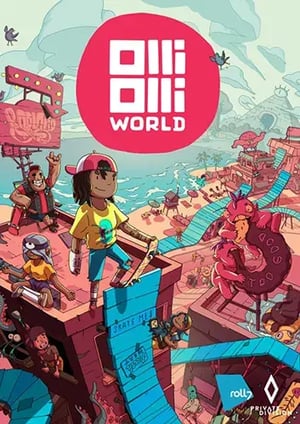
"I highly recommend signing up with CG Spectrum!
I was looking for a final push to bump my skills and finally start applying for jobs as an artist. Shortly after finishing my Advanced 3D Modeling Course I landed my first job as Junior Environment Artist, which was my dream!"

Kasia P | Game Art & Animation

"Having someone that is part of the industry personalizing your training, and providing honest feedback backed up by years of experience is something very valuable you won't get in other Game Programming Courses.
My mentor assisted me in realizing a game prototype I had in mind for quite a long time, and that was amazing. I highly recommend anyone interested in the course to spend that extra money and go for the 1-to-1 formula, because that's where you'll see the biggest difference with other online resources."

Luca Piedrelli | Game Development
Join Our Alumni at World Class Studios
Our mission is to train highly skilled graduates ensuring they are prepared for a successful career. Take the first step towards joining our alumni at world-class studios creating work that inspires.












Questions? We Have Answers
Details for both domestic and international applicants can be found on our Entry Requirements page.
CG Spectrum Institute is registered with the Tertiary Education Quality and Standards Agency (TEQSA).
All CGSI degrees and diplomas are accredited, providing students with credible and recognized qualifications.
About TEQSA:
TEQSA stands for the Tertiary Education Quality and Standards Agency. It is an independent regulatory body in Australia responsible for assuring the quality and standards of higher education institutions.
TEQSA-accredited qualifications are widely recognized, allowing students to pursue further studies or employment opportunities around the world.
Your studies will require you to download and get acquainted with a variety of software, including:
Core Subjects:
Game Design Major:
- Unreal Engine - educational license
- Adobe Photoshop
We recommend a minimum of 32GB RAM. See below for more info on hardware specifications.
Core Subjects:
Game Design Major:
- Unreal Engine
- Adobe Photoshop
Please note: As the software we use is regularly updated, please check the specs against the latest available version at the time of enrollment.
CG Spectrum Institute ensures that individuals can access high-quality education and professional development without significant financial barriers, empowering them to achieve their goals and excel in their chosen fields.
Australian Students:
All higher education AQF Award Courses offered at CGSI are supported by the Australian Government’s FEE-HELP program.
Domestic students who meet specific eligibility criteria can access FEE-HELP, which allows them to borrow money for all or part of their tuition fees and repay the loan through the tax system once their income reaches a certain threshold.
For more information, please head to the Financial Aid on our website.
International students:
There is a range of financing options suited to your situation and country. Please contact our friendly admissions team for more information on how we can support your learning journey.
On completion of the Bachelor of Game Development (Game Design Major), you will have greater confidence in your abilities and a portfolio to show employers.
You will also have personalized career services with our Career Development Manager, which can help when applying for junior game design jobs such as:
Discover more about these game development jobs, tips, and salary expectations on our careers page:
While our past CGS students have a high job success rate, we cannot offer guaranteed employment as the film and game industry is competitive, and there is no way of knowing what the market will demand.
The students who experience the greatest success are those who take responsibility for their career, put in the hard work to get their skills and portfolio up to industry standard, leverage their mentor's invaluable expertise and the networking opportunities provided through the CG Spectrum community, and take advantage of every opportunity to excel.
To help students find employment, we have a range of career services and a dedicated Career Development Manager who regularly hosts exclusive career-focused webinars, Q&As, artist interviews, and workshops for students and alumns and is available to answer career-related questions.
Degree students receive additional 1-on-1 career support, CV/portfolio reviews, and help with application/interview preparation.
If you have any questions about our career services as they relate to your personal career goals, please don't hesitate to get in touch.
Ready to take the next step toward your future? Head to our application page to get started. Whether you're looking to learn something new, build on your existing skillset, or nurture your creative side, begin your application today to start your creative journey with us!
Looking For Something Else?
Check out our full range of courses with study options for all skill levels, from short introductory courses, specialized industry tracks and accredited degrees and diplomas
